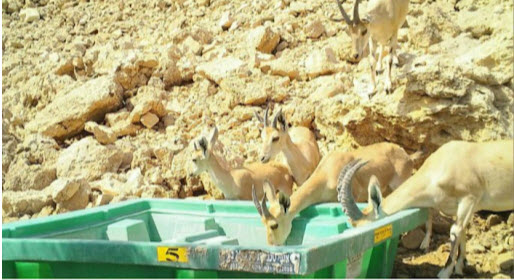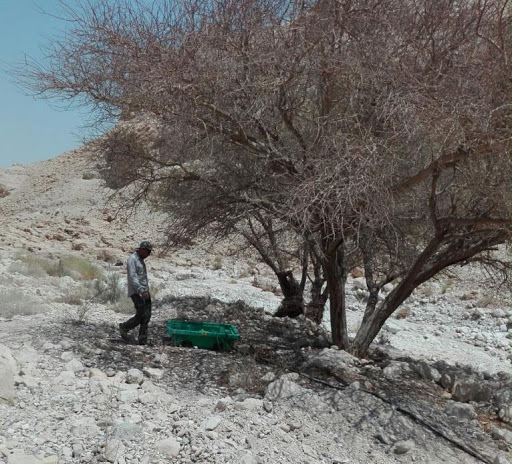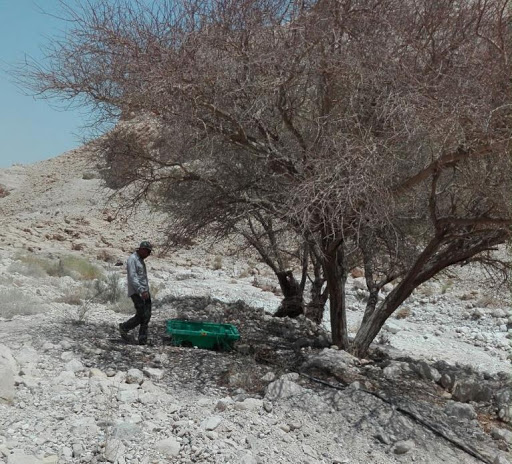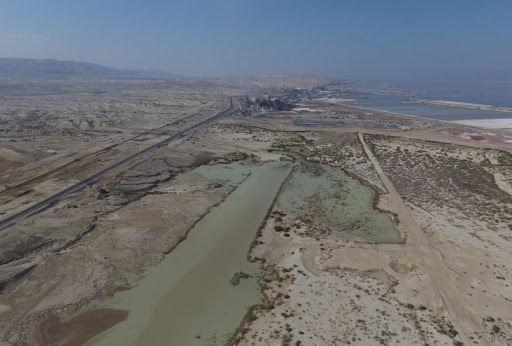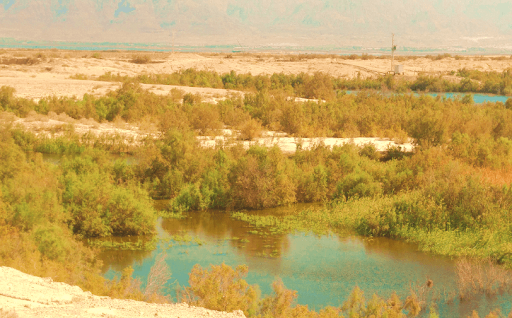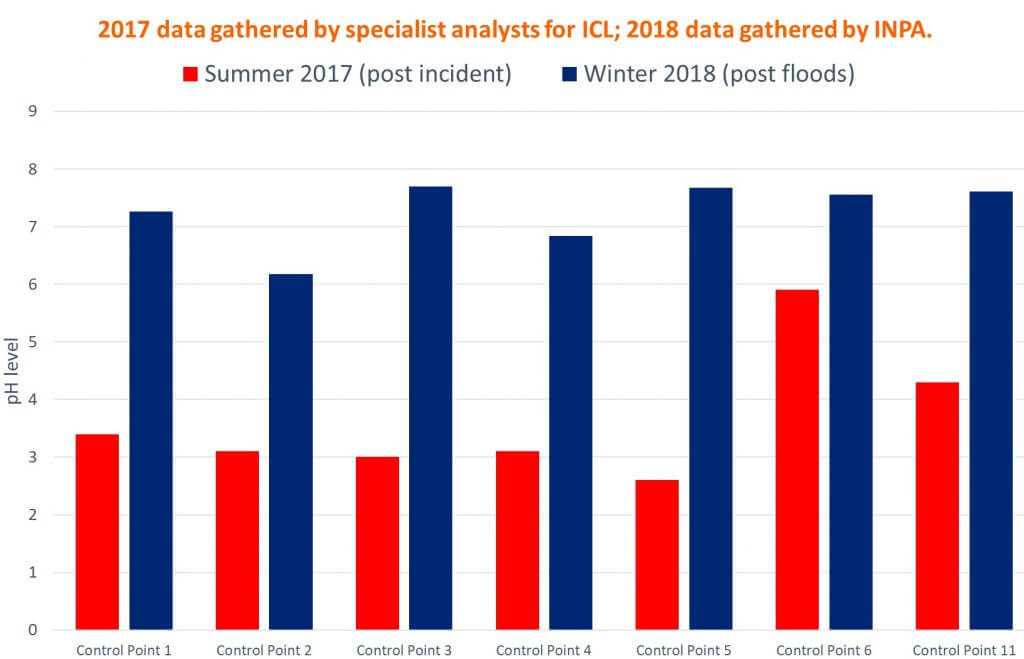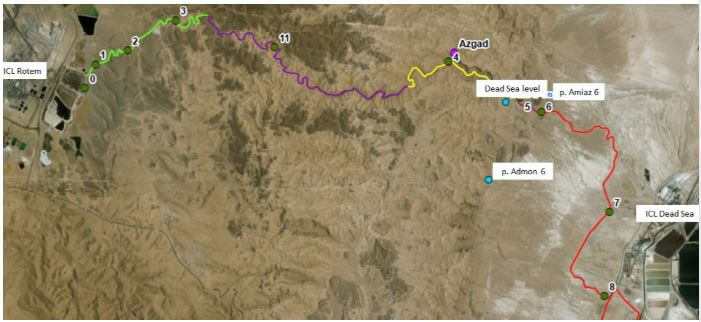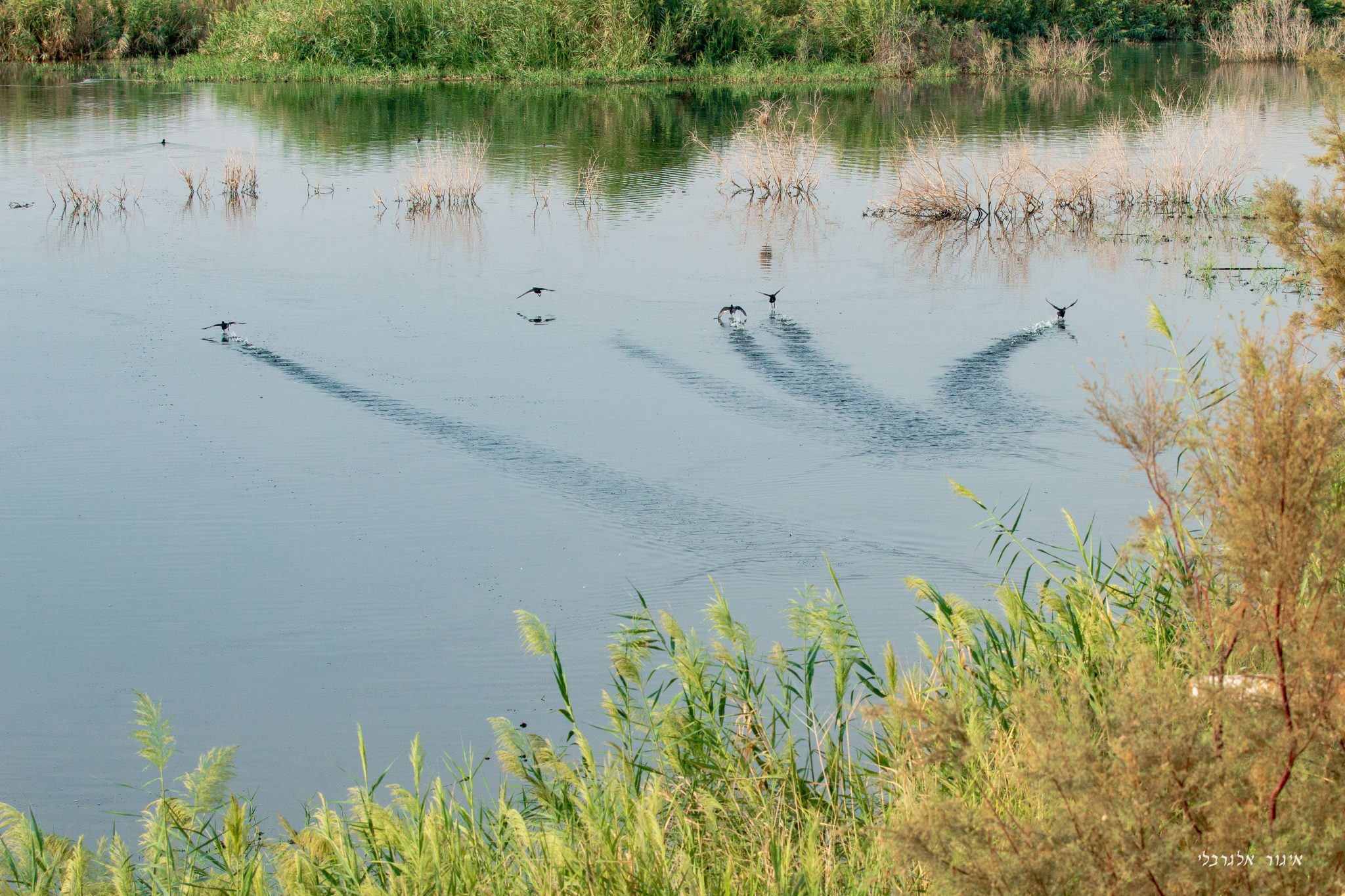Following the incident, the INPA closed the nature reserve to the public. However, during the 2018 rainy season, there were two major rain events that caused the Ashalim Creek to flow vigorously. Measurements, taken following that rainy season by the INPA, indicated a significant improvement in environmental parameters. The Ami-Az trail above the canyon was also opened to the public in 2018. During the 2019 rainy season the Creek flowed vigorously with rainfall on another three occasions. Findings of the monitoring program (operated by the Maarag and the INPA) indicated that pH levels in the water cisterns returned to normal levels (see below). Furthermore, the Acacia trees along the creek were found to be uninfluenced, and improvement of chemical and biological parameters have continued. Nonetheless, indications of the incident’s impact remained present.
In 2019, per the requirement of the Ministry of Environmental Protection, ICL conducted a risk assessment process along the creek. The assessment was meant to assure that the creek hiking trails can be reopened and do not pose risks to the returning hikers’ health, pending approval of reopening by the necessary authorities. The process was conducted by leading experts from Israel and abroad, utilizing advanced methodologies.
The risk assessment was completed in late 2019 and the results were presented to the authorities. The creek was found to be safe for reopening to the public and was reopened in June 2020.




